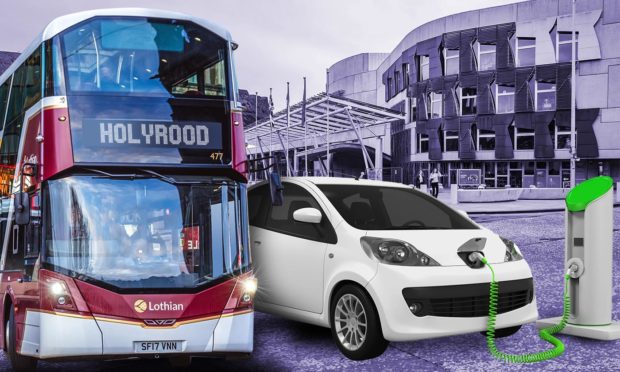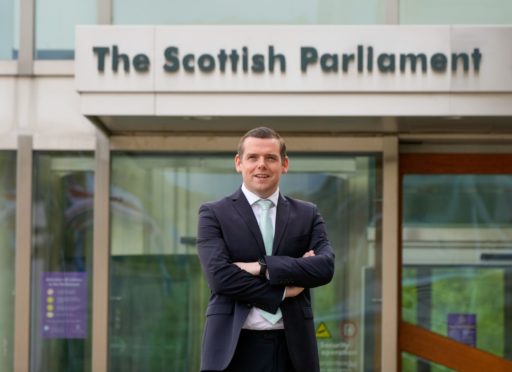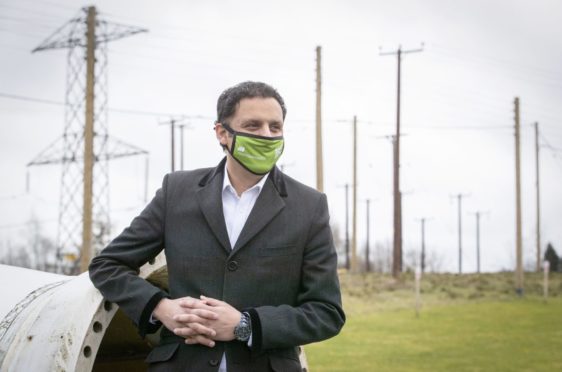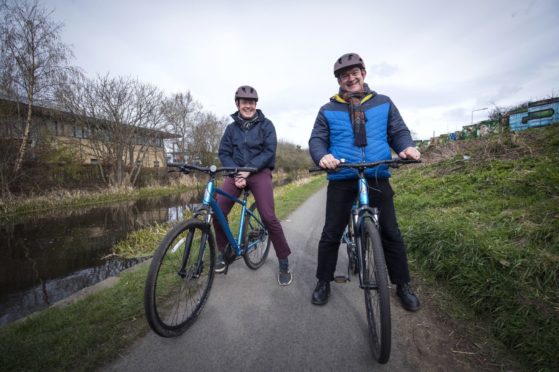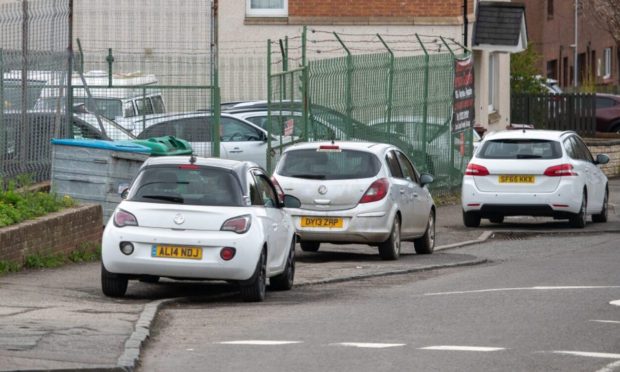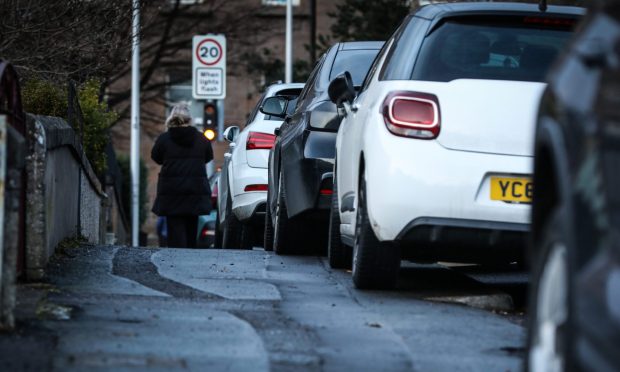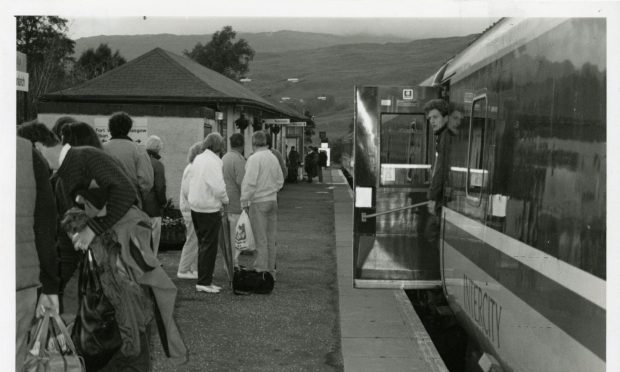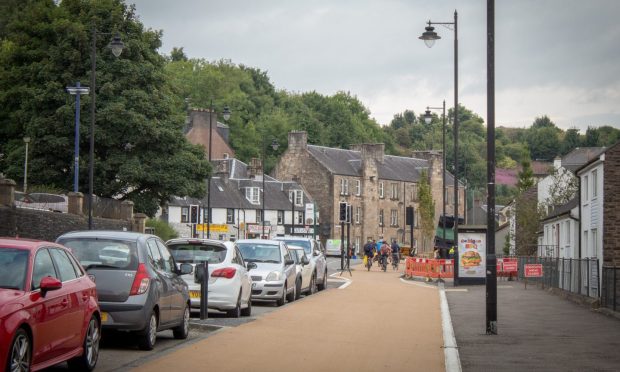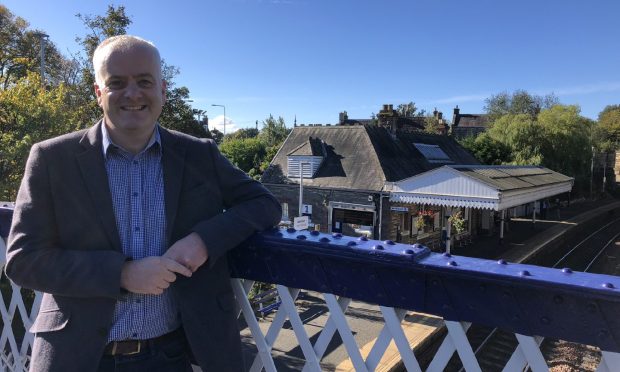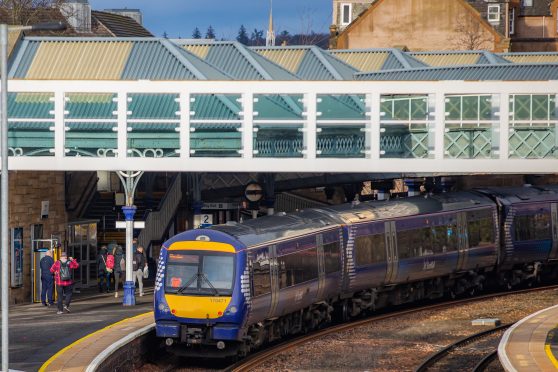All of the main political parties at Holyrood say we should be moving to fully-electric cars – with some saying this needs to happen as quickly as within the next five years.
But just how many MSPs who are calling for these changes actually practise what they preach?
Ahead of the COP26 UN climate summit taking place in Glasgow later this year, we surveyed MSPs on their transport habits, including whether or not they have an electric car, and if they use public transport to get to and from the Scottish Parliament.
Despite the majority of those who responded saying they use public transport to do their parliamentary business, none owns a fully-electric car.
Just how many MSPs have electric cars?
Only one MSP who responded to our survey owns a hybrid car, with another saying they have a fully-electric car on order.
On average, the respondents have 1.25 fossil-fuel burning cars in their household and cover 209 miles every week – one even said they drive up to 500 miles a week.
However that particular MSP added: “I travel to Edinburgh by train but it needs an early morning start of about 5am, and when in Edinburgh I will use a cycle.
“I have used the train a lot less due to the pandemic.”
Despite this, 75% of those who responded say they always use public transport.
One Dundee-based MSP said: “I don’t own a car – I always travel by train from Dundee to Edinburgh, with walking at either end from home and to parliament.”
Another added: “I regularly used the train to travel to Holyrood pre-Covid and I hope to return to that.
“Otherwise I drive a hybrid car.”
Scottish Parliament’s vision to become ‘leader in sustainable best practice’
The Scottish Parliament itself has a sustainable travel plan in place to make sure it is leading the way in green transport options.
Holyrood currently has seven electric car charging points and a very small car park – only 47 spaces for around 1,000 workers.
And for those who cycle, they can claim mileage at 20p per mile, and there are changing rooms, showers and lockers on site; in addition MSPs and others Holyrood workers can get interest-free loans to buy public transport passes and bikes.
A spokesman for the Scottish Parliament said: “The parliament’s vision is to become a leader in sustainable best practice.
“We actively encourage everyone who comes to Holyrood – for work or to visit – to use sustainable modes of transport.
“Our data from 2019 showed that around 80% of those who come to Holyrood do so by public transport or active travel, and we aim to lift this higher post-pandemic.”
All five of the main political parties included plans in their 2021 manifestos to get people to ditch their petrol and diesel cars in favour of electric, and included plans to increase spending on active travel.
So what do all the parties say on the matter?
SNP calls to reduce car use by 20%
The SNP is pledging to phase out the need for new petrol and diesel cars by 2030 in favour of electric cars.
In the same time the party wants to reduce the use of cars by 20% to take car levels back to what they were in the 1990s.
And to make public transport a more attractive option, the SNP says it will invest £500 million in bus travel and remove the majority of fossil fuel buses by next year.
This week the SNP government also agreed to give free bus travel to everyone under the age of 22.
In its manifesto the party also pledges to decarbonise the rail network by 2035 and spend 10% of the transport budget on walking and cycling by the end of the current parliament.
The party also says Nicola Sturgeon will appoint a group of environmental champions from all over the world to advise the Scottish Government on international best practice, and give a report on their findings at the COP26 UN climate conference.
Conservatives want more charging points
The Scottish Conservatives say the government needs to make sure there are enough electric car charging points across the country in a bid to encourage more people to buy and electric car.
They say this should include subsidising the installation of electric charging points in homes and workplaces, requiring all new large developments to include charging points, and offering subsidies to make buying an electric car more affordable.
When it comes to public transport, the Conservatives want to expand the rail network, introduce season tickets for rail commuters, and better connect the road and rail networks between Scotland and England.
In its manifesto the Conservatives also want to offer loans to transport companies to help them invest in hydrogen and electric buses, and increase the transport spending on active travel by 10% over the course of the next parliament.
Labour’s pledge to help families buy electric
Scottish Labour wants the Scottish Government to be able to offer interest-free loans to help low and middle income families buy electric cars, and to accelerate the rollout of electric car charging points.
The party says this rollout should focus on the areas which have the least amount of access to electric charging points.
Likewise Labour also wants 10% of the transport budget to be spent on active travel, and wants to see free bus travel extended to everyone under the age of 25.
Scottish Greens pledge to make public transport a more attractive option
With tackling the climate emergency being a key priority for the Scottish Greens, they want to see the sale of new petrol and diesel cars banned from 2026 onwards – four years sooner than the SNP.
Prior to reaching this 2026 target, the Greens say public sector bodies should have to use zero-emissions vehicles.
They want to make public transport a more attractive option for people all across Scotland, including giving all those aged 26 and under free bus travel, subsidising fares for trains between Scotland and England, and giving children and young people free ferry travel.
In its manifesto the Greens are also pledging to introduce more railcard options, stop building new roads, and introduce measures to put people off getting in their car, such as workplace parking levies, congestion charging and more parking charges.
They also want to create a zero-carbon rail network and electrify all public buses by ending public support for non-electric buses from next year.
Give confidence in e-cars, say Lib Dems
The Scottish Lib Dems say more electric car charging points need to be installed to give people in Scotland the confidence to buy an electric vehicle, including looking at options to integrate car charging points into street lights.
They say there should be a legal presumption set by the end of this parliament which ensures new vehicles bought for public sector use are low carbon.
It also wants to double the share of the transport budget spent on active travel, introduce tickets which work across buses, trains and ferries, and expand the rail network while moving away from diesel-powered trains.
